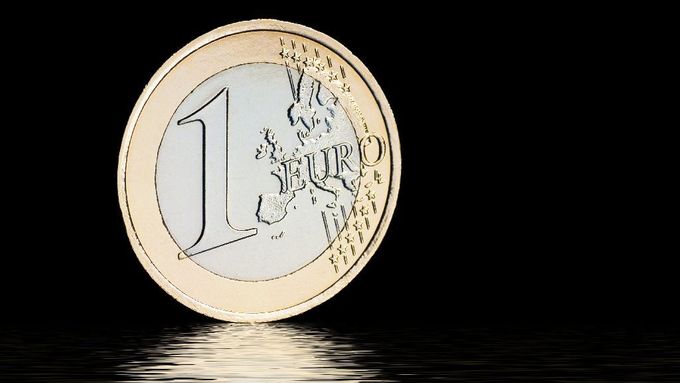Even though the Czech Republic is not a member of the eurozone, the currency bloc's ongoing crisis was by far the most important factor that influenced the Czech economy in 2011. This is especially true for the second half of the year, after global stock indexes dropped sharply in August, and the eurozone panic accelerated in the last quarter.
Fiscal outlook falls
The Czech government's fiscal outlook started to deteriorate already in the first half of the year. In May, an analysis by the Czech Finance Ministry showed that in the first four months of 2011, the state had collected less money in taxes than planned.
Later, another study showed that the Czech budget deficit was growing faster in the first eight months of 2011 than it was in the same period in 2010.
The Finance Ministry also revised its 2011 GDP growth estimate to 1.9 from april's 2.5 percent, while Czech Finance Minister Miroslav Kalousek revised the 2012 growth outlook sharply down, from the original 2.5 percent to 1 percent.
However, neither of these developments prevented the Standard & Poor's rating agency from upgrading the Czech Republic's rating by two notches.
Uneasy coalition carries on: 2011 in Czech politics
Double dip fears
In August, amid sharp drop of global stock indexes, the world started to fear another recession, and the Czech Republic was no exception (here and here).
The fears were confirmed as Czech firms started to lose their position in the German market, and new economic indicators pointed to a slowdown. It needs to be added though that there were also strong internal factors in play.
However, even though an uncontrolled default of Greece would be devastating for the Czech Republic, the government's advisers urged it to keep calm and carry on with its reforms.
Czech banking sector healthy
Some sectors of the Czech economy remains healthy though, including the banking sector which would survive even a very serious recession in the EU.
This was confirmed by a stress test conducted by the Czech central bank in August.
This is also reflected by the fact that while global banks have been planning layoffs recently, Czech financial institutions announced new hirings.
One of the few exceptions was Komerční Banka (Commercial bank), an affiliate of French banking giant Société Générale. Due to its exposure to the Greek debt, its profit shrank in 2011.
Škoda, a Czech unit of the Volkswagen automaker, has been preparing new models (here and here), while foreign companies started to explore the Czech territory for shale gas.
Also, in 2011 it became increasingly apparent that corruption is the most important deterrent of foreign investors from Germany or other countries.
Also, a study showed that one fifth of the capital of Czech firms come from tax havens.
